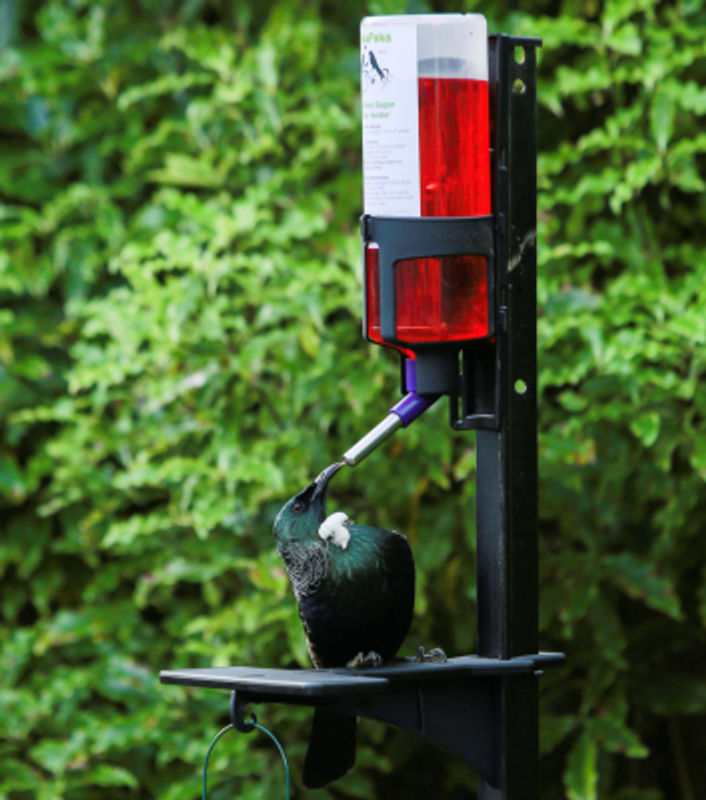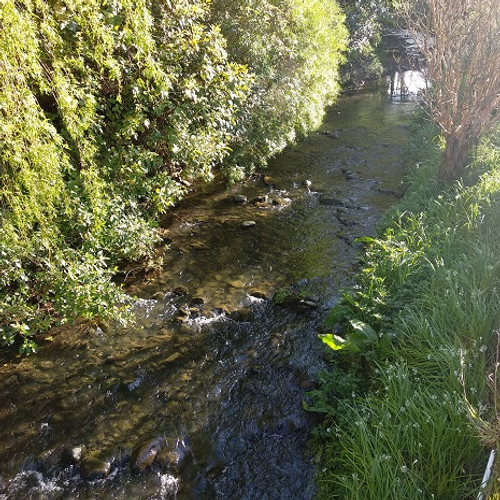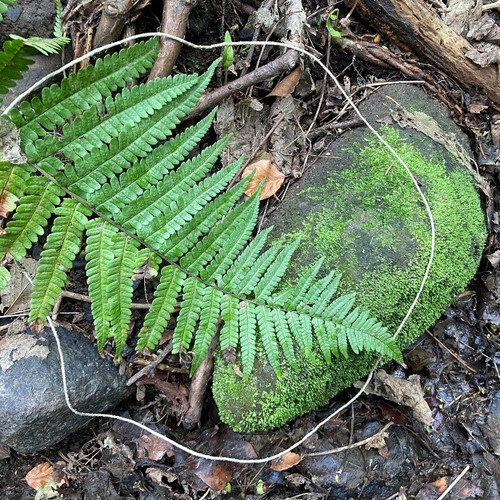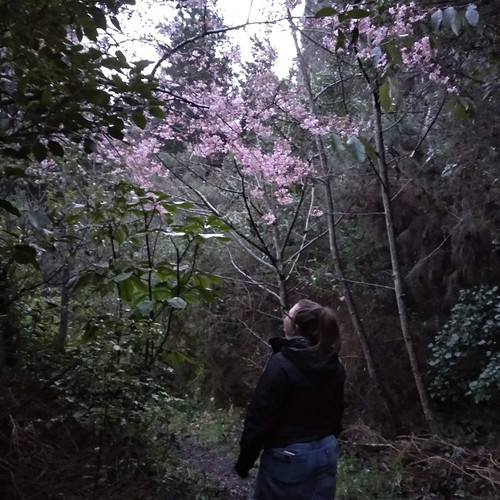Can birds have their sugar water and eat it too?
Bird feeding is a common activity throughout the world, with birds being fed a range of foods from bread (5.1 million loaves in NZ) to seeds, fat, fruit and sugar water. When asked, people said they found bird feeding enjoyable and pleasurable. This connection to nature provided by feeding birds, has been found to be highly psychologically beneficial. I know for myself, in Winter, I find I am fascinated by watching birds nibbling at an apple I’ve put out for them, although I’m often put off by the slightly shriveled apple skins they leave behind! Sugar water might be beneficial for feeding birds too, and there would be no risk of finding shriveled apple skins in the feeder!
In summer, the large harakeke in my back garden provides plenty of natural food for the birds, usually Tūī. Watching the Tūī poke their beaks into the flowers and emerge with pollen on their foreheads is a real treat.
Check out this clip from Robin in Wellington to see this in action, make sure you’ve got your sound on because the birds are singing too!
If you're new to feeding birds, or keen to get some more tips, some New Zealand researchers have recently published scientific papers about bird feeding and these are their recommendations (from Erastova et al. 2023). For the full article, check out the button "How to feeds birds", below.
- Do not feed bread and seeds to birds, as this encourages highly abundant introduced species
- Rather than using open dishes, choose commercially available sugar-water feeders designed for native birds (Tui Nectar Feeder™, Topflite Nectar Nutra feeder™, PekaPeka™) to exclude introduced bird species
- Provide sugar water only in winter and stop feeding birds in spring and summer to let birds use natural foods, pollinate plants and minimise the risk of bacterial growth in hot weather
- In winter, use about one cup of sugar per litre of water, as the researchers linked this sugar concentration to better bird body condition than lower-sugar solutions
- Clean all structures used in feeding thoroughly at least two times a week by scrubbing with hot water to minimise the risk of bird disease outbreaks
- Attach the feeder to a tall post away from trees and fences to minimise chances of predation.
Check out the links below for some interesting reads and some of the bird feeding science!





